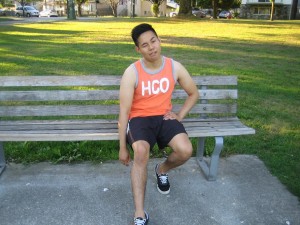Overview
When the body becomes dehydrated and is not able to cool itself down to maintain a healthy temperature, which if not treated can lead to heat stroke- a life-threatening medical emergency.
To avoid heat stroke prevention is the best route to take so.
People Who Are At Risk Of Heat Stroke
Although anyone can have heat stroke, those who are at most risks as listed below:

- Anyone aged over 65, particularly those if living alone or without any air conditioning.
- Young children and babies.
- Mothers; those pregnant or nursing.
- Anyone with a medical condition such as heart disease, High blood pressure or lung disease.
- Those on medication for mental illness.
The Causes For Heat Stress
- Those who are attending any larger events such as parties or sporting event.
- Those who are working in a poorly ventilated area with heat or an enclosed area.
- Exposure to heat that is being radiated from bushfire – a cause for quick dehydration or any illness caused by heat, since bush fires occur during the day when the temperature is high, adding to the risk.
The Symptoms Of Heat Stroke
Symptoms can appear similar to heat exhaustion although the person’s mental condition worsens and the skin will appear to be dry with no sweating visible, resulting in staggering, appearing confused, collapsing, getting a fit or becoming unconscious.
The symptoms may vary although it includes:
- Increased body temperature
- Dry, red skin with no sweating
- Swollen dry tongue
- Having rapid pulse
- A throbbing headache
- Nausea, followed by confusion and dizziness
- Collapsing to the ground
- Becoming unconscious eventually
Tips To Prevent Heat Stroke
Below are some tips to prevent heatstroke:
- Drinking cool, non-alcoholic liquid (check with your doctor if you are on limited fluid or fluid pills) and also drink sufficient amount of water but avoid cold liquid since they can cause stomach cramp.
- Reduction of any vigorous physical activity or exercise in hot weather and avoid any heavy labor work. Although if it cannot be avoided, try scheduling during a cool part of the day and take rest often and stay in the shade.
- Stay in a cool, air-conditioned and well-ventilated room. If you do not have air conditioner- try visiting a public library or shopping mall.
- Eat smaller and cool meal such as salad.
- Wear loose, light-colored clothing of cotton or linen
- Try to keep cool by taking cool showers, or using wet towels or putting feet in cool water
- Take care of frail, sick or old family members to help them cope with the heat.
Related Video On Heat Stress
